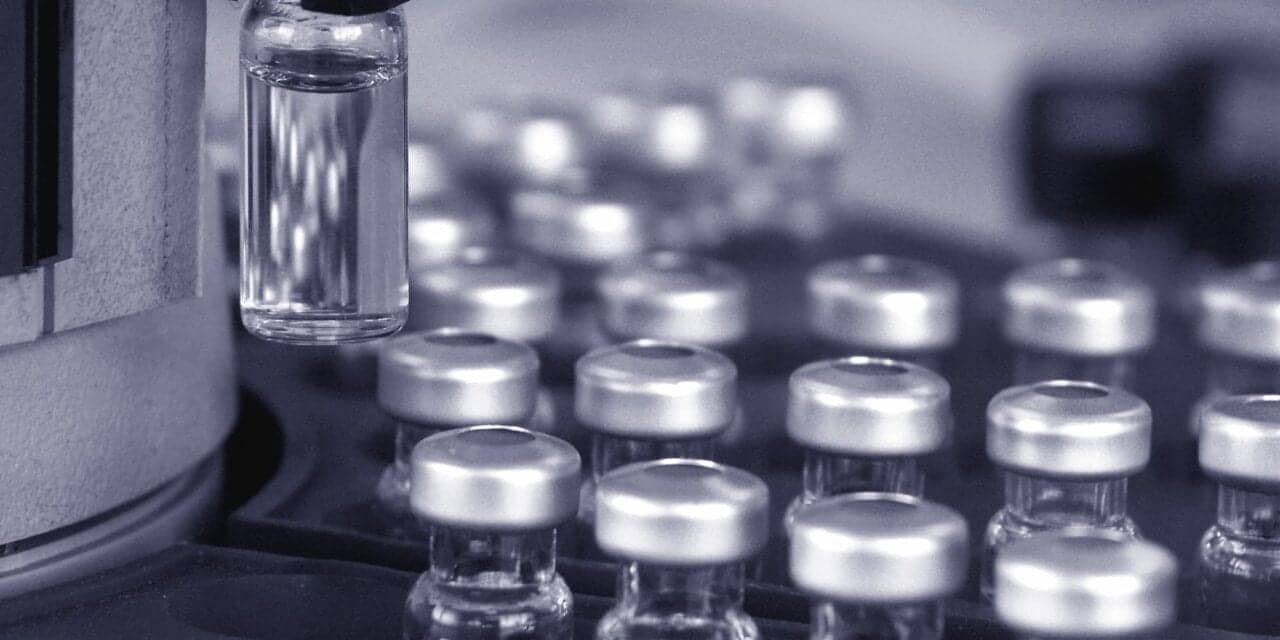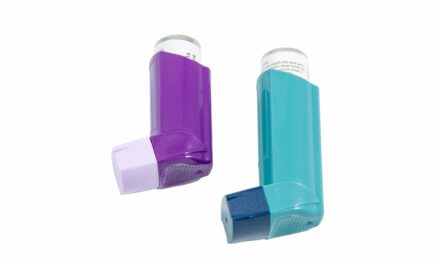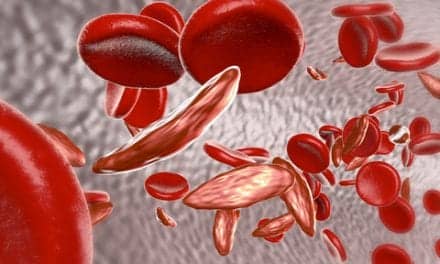The FDA authorized the Pfizer booster for children 12 through 15 years of age in the US — the first to be FDA-authorized as a booster for adolescents. The booster dose is the same dosage strength (30-µg) as the dose approved in the primary series.
The FDA also authorized a third primary series dose for individuals 5 through 11 years of age with certain kinds of immunocompromise, and shortened the time between completion of primary series and booster dose.
Real world evidence from the Ministry of Health of Israel on the administration of over 4.1 million Pfizer booster for children given at least 5 months after the primary series revealed no new safety concerns in adolescents 12 through 17 years of age.1
“The recent rise in COVID-19 cases is concerning to all and today’s decision by the FDA to further expand the Emergency Use Authorization of a booster dose of our vaccine is critical to help us ultimately defeat this pandemic,” said Albert Bourla, Chairman and Chief Executive Officer, Pfizer. “We continue to believe that broad use of boosters is essential to preserving a high level of protection against this disease and reducing the rate of hospitalizations.”
“The booster vaccination increases the level of immunity and improves protection against COVID-19 across all age groups that have been authorized to receive one,” said Ugur Sahin, MD, CEO and Co-founder of BioNTech. “In the current situation, it is important to offer all eligible individuals a booster, particularly against the backdrop of the newly-emerging variants such as Omicron.”
Additional EUA Amendments
Separately, the FDA is also amending the existing EUA to reduce the time for administration of a booster dose from at least six months to at least five months following completion of the primary series for individuals 12 years of age and older. The reduction of time between the primary series is supported by real world evidence from the Ministry of Health of Israel on the administration of third doses of the Pfizer-BioNTech COVID-19 Vaccine given at least 5 months after the primary series, which revealed no new safety concerns in adults.1
Finally, the FDA has expanded the current Emergency Use Authorization to include administration of a third primary series dose at least 28 days following the second dose for individuals 5 through 11 years of age who have who have been determined to have certain kinds of immunocompromise. This authorization is based on information extrapolated from an independent report evaluating safety and effectiveness of a third dose in adults who received solid organ transplants. A third primary dose of the Pfizer-BioNTech vaccine was previously authorized for administration to individuals at least 12 years of age who have been determined to have certain kinds of immunocompromise.









